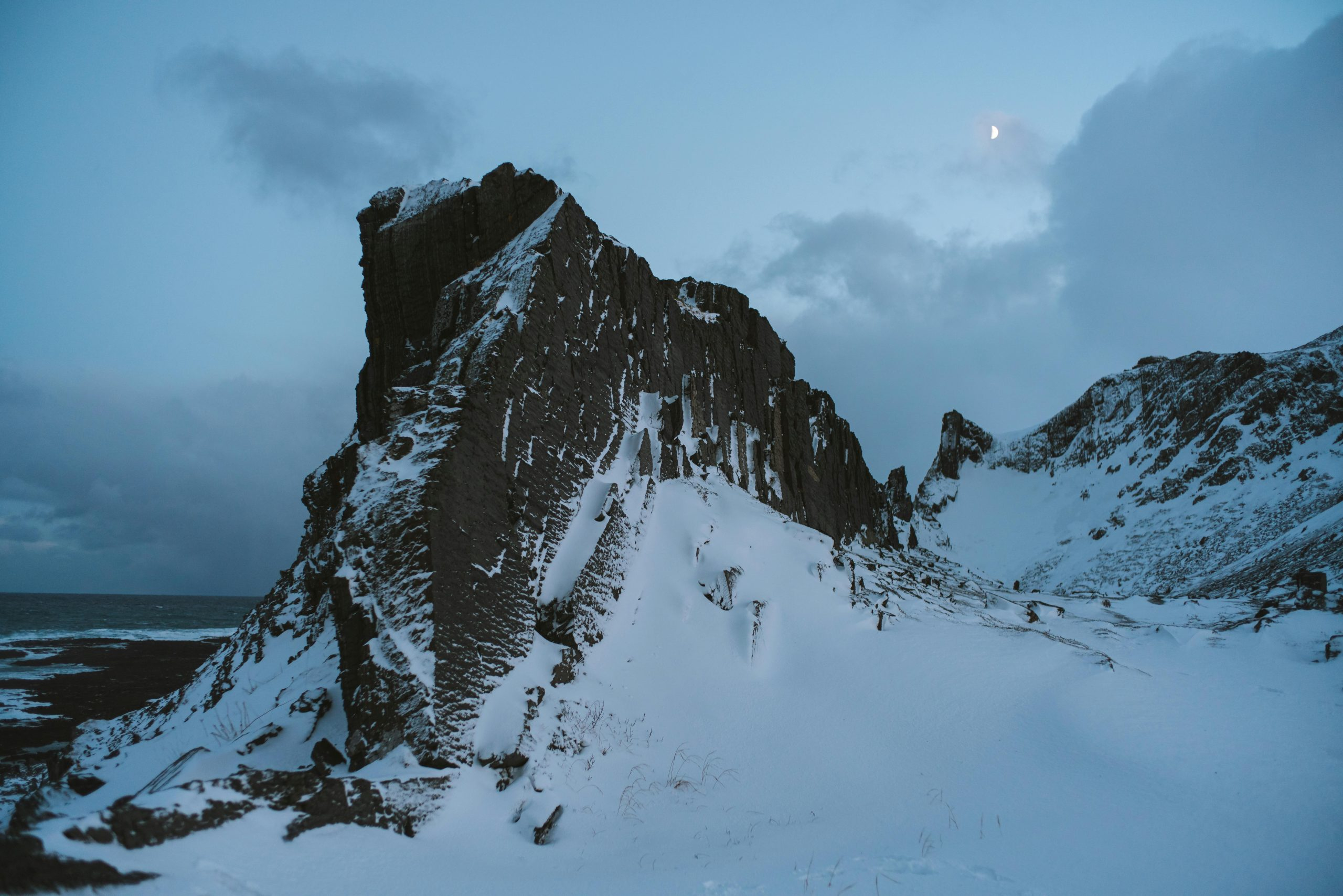The Impact of Climate Change on Seasonal Travel Patterns
>
As the effects of climate change become more evident, it’s no surprise that it has a profound impact on every aspect of our lives. One particular area that has seen a significant change is seasonal travel patterns. With extreme weather conditions becoming more frequent and unpredictable, the way we plan and take our trips has drastically shifted. In this article, we will explore the impact of climate change on seasonal travel patterns and how it has changed the way we travel.
The Changing Seasons
The term “season” refers to the period of the year characterized by particular weather conditions. Traditionally, these seasons have been consistent and predictable, making it easier to plan travel. However, with climate change, the duration and intensity of these seasons have become more varied and extreme, making it increasingly challenging to determine the best time to travel to a particular destination.
Take, for example, ski vacations. In the past, winter was the ideal season to hit the slopes for some skiing and snowboarding. However, with the rising global temperatures, snowfall is becoming less consistent and reliable, making it difficult for ski resorts to offer their services. This has led to shorter ski seasons and increased uncertainty for travelers who are looking to plan a winter getaway.
The Shift in Travel Seasons
Climate change has also caused a shift in traditional travel seasons, leading to a change in travel patterns. With the rise in temperatures and longer summers, more people are opting for off-season travel. According to a report by the United Nations World Tourism Organization (UNWTO), there has been a significant increase in shoulder season travel, which refers to the period just before or after peak seasons. This trend has been driven by the desire to avoid crowded destinations and high prices, making shoulder season trips more appealing to travelers.
Furthermore, climate change has made certain destinations less desirable during peak seasons. For instance, tropical destinations that experience extreme heat and humidity during summer have seen a decline in tourist arrivals during this period. This is forcing these destinations to adjust their peak season and offer more attractive deals to attract visitors.
The Impact on Tourism Industry
The tourism industry has not been spared from the effects of climate change on seasonal travel patterns. Many businesses, such as ski resorts, beach resorts, and other outdoor recreational activities, heavily rely on specific seasons for their operations. The changing weather patterns have caused disruptions in these industries, leading to financial losses and job cuts.
The tourism industry is also feeling the effects of the shift in travel seasons. Companies that heavily rely on peak season revenue are struggling to stay afloat during off-seasons, leading to an increase in shoulder season offers and deals. Furthermore, with the uncertainty of seasonal patterns, businesses find it challenging to plan and forecast future demand, which can significantly impact their operations and sustainability.
The Role of Sustainable Travel
As travelers, we must acknowledge our impact on the environment and take steps towards sustainable travel practices. As we become more aware of the consequences of climate change, we must make conscious decisions to reduce our carbon footprint while traveling. This includes opting for eco-friendly accommodations, transportation, and activities, as well as supporting local communities and preserving natural resources. By doing so, we can help mitigate the effects of climate change and protect our planet for future generations to come.
In conclusion, there is no doubt that climate change has significantly affected seasonal travel patterns. From changing seasons to shifting peak seasons and the impact on the tourism industry, it’s crucial for us to adapt and make sustainable choices when planning our trips. While the future may seem uncertain, it’s essential for travelers to stay informed and take necessary steps towards making a positive impact on the environment while still enjoying our travels.







